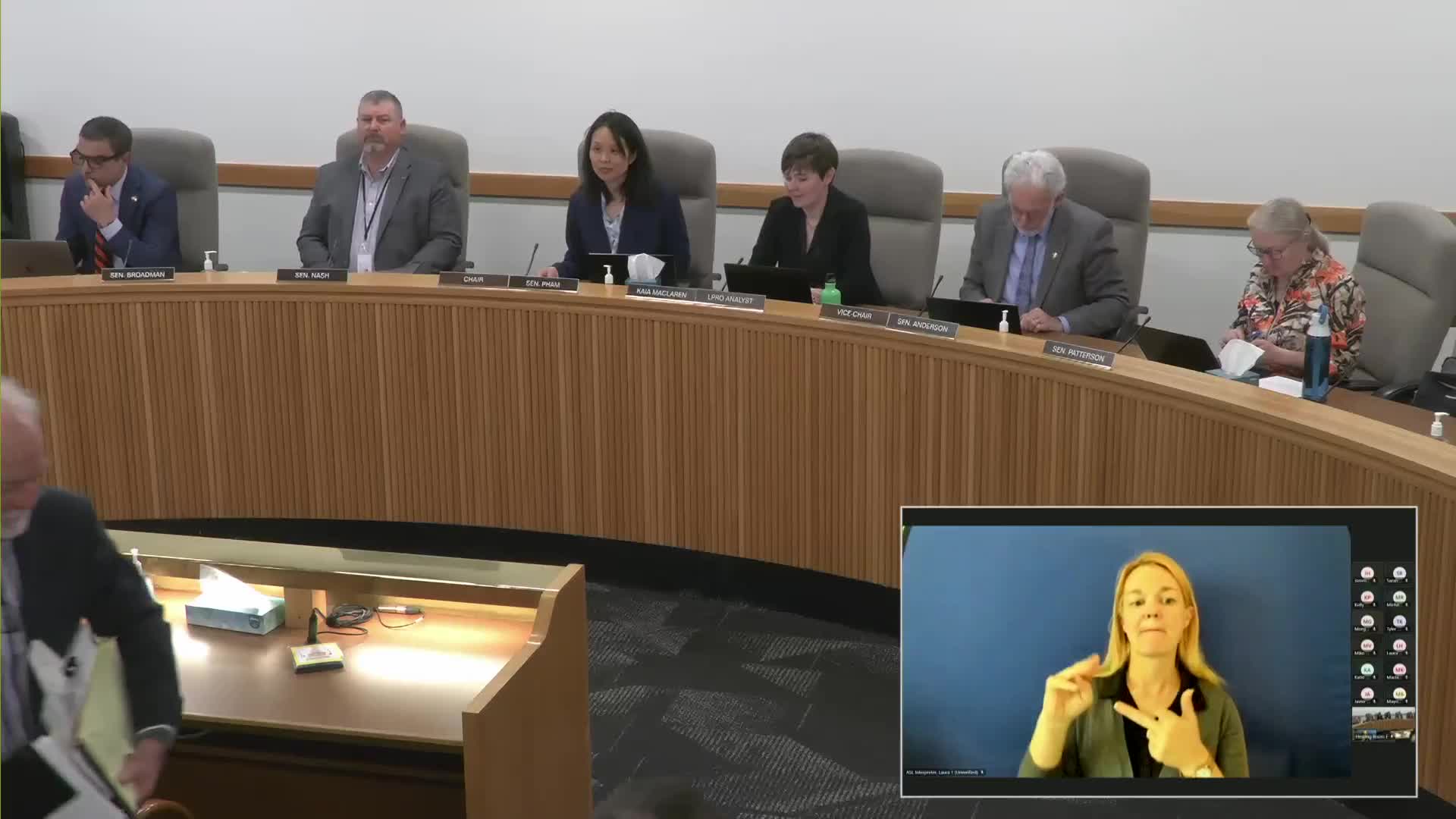Committee weighs shortening condo defect liability, requiring moisture inspections to spur condo production
Get AI-powered insights, summaries, and transcripts
Subscribe
Summary
House Bill 37 46 A would shorten the period of developer liability for latent construction defects, create a right-to-remedy, and require moisture-intrusion inspections at two milestones for new condominium and planned-community construction. Proponents said the reforms would help restore condominium production that has fallen sharply in Oregon;
The Senate Housing and Development Committee took public testimony May 5 on House Bill 37 46 A, a package of changes to Oregon’s construction-defect liability rules intended to spur condominium and owner-occupied multifamily development.
Representative Vicki Breece Iverson introduced the measure and told the committee the bill would shorten the period of developer liability for construction defects (she cited a reduction from a 10-year standard to a 7-year statute of ultimate repose), give developers a formal “right to remedy” to repair defects before litigation, and require a simple majority of unit owners to authorize association litigation. Iverson said the package also mandates independent inspections for moisture intrusion at two milestones — roughly two and six years after substantial completion — and requires developers to share inspection results with associations.
Senator Mark Meek, a sponsor in the Senate, described the package as targeted to increase production of “entry-level” homes. “We’ve already, we're already short more than 65,000 homes,” Meek told the committee and cited a 92% decline in condominium starts in Oregon since 2006. He said condominium ownership can offer an affordable pathway into homeownership: “The median sale price of a condominium in Oregon is $341,000 compared to $552,460 for a single family home.”
Mark McMullen of the Common Sense Institute of Oregon argued Oregon’s liability framework is a relative outlier and that the bill would place Oregon closer to peer Western states, which proponents say has helped revive condo production elsewhere. Todd Smith of the Department of Consumer and Business Services’ Building Codes Division provided technical context on moisture intrusion and building-code requirements, noting “The building code does not make a distinction between condominiums and other ownership structures” and that special inspections can reveal work that a point-in-time local inspection may miss.
Shannon Vilhauer, executive director of Habitat for Humanity of Oregon, told the committee that many local Habitat affiliates build condos and that stricter liability rules have constrained nonprofit and private production. “Local Habitat for Humanity affiliates are among our state's largest producers of condominiums,” she said, and urged members to support the bill while acknowledging an on-ramp period before production increases.
Public testimony showed divisions. Supporters included municipal leaders, Realtors, affordable-housing advocates, and developers who said the bill balances protections and risk; opponents included condo managers, an insurance broker, and trial lawyers who raised concerns about shifting repair costs and insurance availability to homeowners. Katie Anderson of the Community Associations Institute said CAI was excluded from some working groups and opposes the bill “in its current form”; Sarah Ianni, a broker specializing in condo and association insurance, warned the proposal “places significant financial risk on homeowners across all of Oregon.” The Oregon Trial Lawyers Association likewise said it supports the bill's intent but warned that shortening the repose period could leave homeowners exposed to latent defects discovered after the cutoff.
Committee members did not take a vote at the hearing. The committee received extensive written and oral testimony on the tradeoffs between lowering developer liability to encourage construction and preserving homeowner protections and insurance-market stability.
